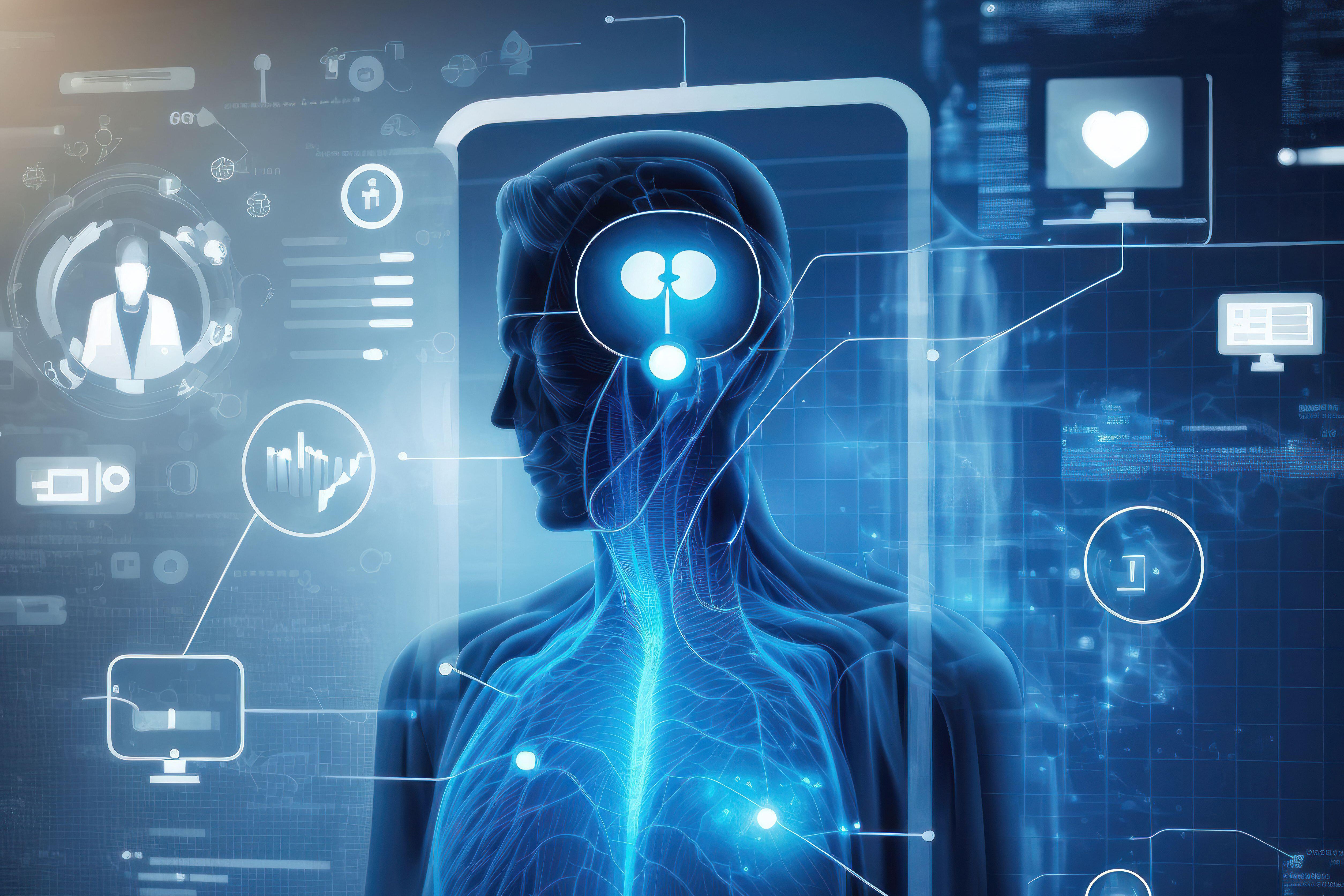
AI’s Expanding Role in Healthcare: Detecting Diseases and Optimizing TreatmentsAI’s Expanding Role in Healthcare: Detecting Diseases and Optimizing Treatments Artificial intelligence (AI) is revolutionizing the healthcare industry, transforming the way diseases are detected and treatments are optimized. AI algorithms, fueled by vast amounts of data, are enabling healthcare professionals to make more accurate diagnoses, predict disease progression, and tailor treatments to individual patients. Disease Detection * Early Detection: AI can analyze data from medical scans, such as X-rays, CT scans, and MRIs, to identify subtle anomalies that may indicate early signs of disease. This allows for prompt intervention, increasing the chances of a positive outcome. * Diagnostic Precision: AI algorithms can process complex patient data, including symptoms, medical history, and genetic information, to improve diagnostic accuracy. By considering a wider range of factors, AI assists healthcare professionals in making more informed decisions. Treatment Optimization * Personalized Treatment Plans: AI can analyze patient data to develop tailored treatment plans that consider individual genetic profiles, lifestyle factors, and disease progression. This personalized approach ensures that patients receive the most effective therapies for their unique circumstances. * Predictive Analytics: AI algorithms can predict the likely outcome of different treatment options based on historical data and patient-specific characteristics. This information empowers healthcare professionals to select the most promising treatments and avoid ineffective ones. * Monitoring and Optimization: AI can continuously monitor patient health and adjust treatment plans as needed. By tracking response to therapy, AI algorithms can identify any adverse effects or changes in efficacy, enabling timely interventions. Challenges and Future Directions While AI offers immense potential for healthcare, it also presents challenges: * Data Privacy Concerns: AI systems rely on vast amounts of patient data, raising concerns about data security and privacy. * Algorithm Bias: AI algorithms are only as good as the data they are trained on. If the training data is biased, the algorithm may inherit and perpetuate those biases in its predictions. * Integration into Clinical Practice: Integrating AI into clinical workflows requires careful planning and collaboration between engineers, clinicians, and patients. Despite these challenges, AI’s role in healthcare is only expected to grow. Future advancements may include the development of AI-powered virtual assistants that provide personalized health guidance, the creation of AI algorithms that can diagnose rare diseases with high accuracy, and the use of AI for drug discovery and development. Conclusion AI is transforming healthcare by enabling more accurate disease detection and optimized treatments. By leveraging vast amounts of data and powerful algorithms, AI is empowering healthcare professionals to make more informed decisions, improve patient outcomes, and revolutionize the way we approach healthcare. As AI continues to evolve, it has the potential to further enhance the quality and accessibility of healthcare, ultimately leading to better health for all.
Posted inNews